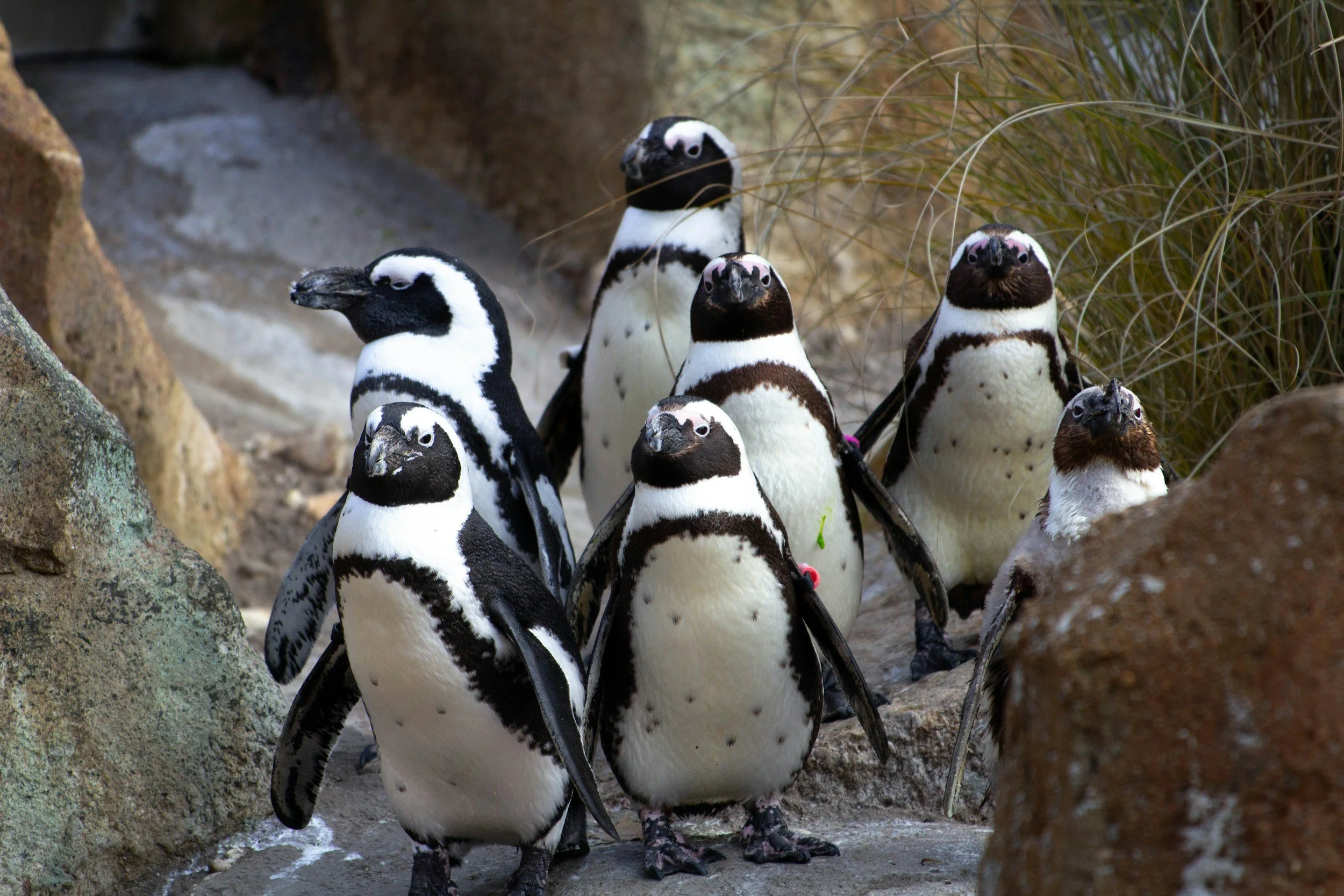Nineteen scarlet macaws rescued from wildlife traffickers and returned to Guatemala jungle
Stunning photos show the birds flying free from their transport cages as they returned to their natural habitat.
The birds fly free at the release. Credit: Humane Society International/Latin America
Nineteen scarlet macaws who were rescued from illegal wildlife traffickers have now been returned to their natural jungle habitat in Guatemala.
In striking photos, the brightly colored birds can be seen launching from their transport cages and flying towards the jungle.
All of the released macaws were victims of illegal wildlife trafficking.
The release of the threatened birds is the result of a collaboration between several non-profit organizations that include Humane Society International/Latin America and Asociacion Rescate y Conservacion de Vida Silvestre (ARCAS).
The birds in transport cages ready to be released. Credit: Humane Society International/Latin America
For many of the birds, it will be their first time experiencing the jungle. Most were hatched at ARCAS’s Wildlife Rescue Centre from parent birds rescued from the wildlife trade.
However, for two of the rescues who were directly confiscated by authorities, the release offers them a long overdue return home.
“The two confiscated juveniles were kept in boxes and were destined for the illegal pet trade,” explains Fernando Martinez, director of ARCAS Petén. “Since they arrived at the rescue center when they were young, they had the opportunity to join the rest of the group and return to the habitat from which they were extracted.”
Chicks at the rescue centre. Credit: Humane Society International/Latin America
During their time at the rescue center, the birds all underwent a rehabilitation process where they learned the skills necessary to live in the wild.
Wildlife experts will now observe and monitor the birds for 15 days to track their progress in the wild.
The scarlet macaw is classified as “least concern” by the International Union for Conservation of Nature, but several countries throughout Central and South America list the species as under greater threat.
In Guatemala, the species is listed as threatened with researchers estimating that there are around 150 and 200 scarlet macaws remaining in the country. The released nineteen birds will help bolster Guatemala's population, as they make their new home in the jungle of the Mayan Biosphere Reserve.
One of the birds perches on a tree after release. Credit: Humane Society International/Latin America
Conservationists say that the main threats for this species are from rainforest habitat loss and the illegal pet trade.
Traffickers typically snatch chicks from their nests in the wild. Scarlet macaws can be sold for hundreds of dollars each in the illegal pet trade, and can end up being trafficked to countries around the world including the US.
“Illegal wildlife trafficking in Guatemala poses a major threat to endangered species such as macaws,” says Andrea Borel, executive director of HSI/Latin America. “This illegal activity causes suffering and distress to the birds who are stolen from the wild and smuggled long distances to be sold on the black market for the pet trade”.
We Have A Favor To Ask…
Species Unite amplifies well-researched solutions to some of the most abusive animal industries operating today.
At this crucial moment, with worldwide momentum for change building, it’s vital we share these animal-free solutions with the world - and we need your help.
We’re a nonprofit, and so to keep sharing these solutions, we’re relying on you - with your support, we can continue our essential work in growing a powerful community of animal advocates this year.







